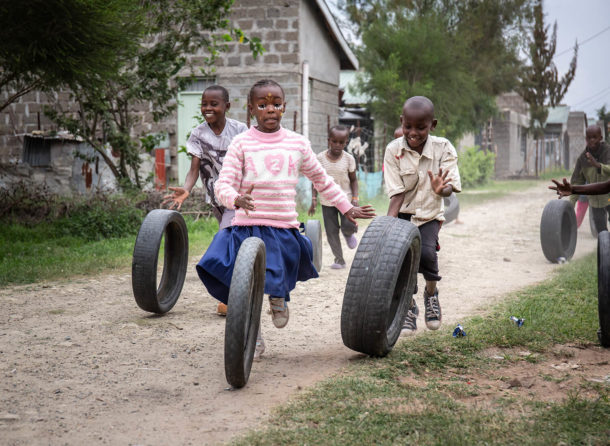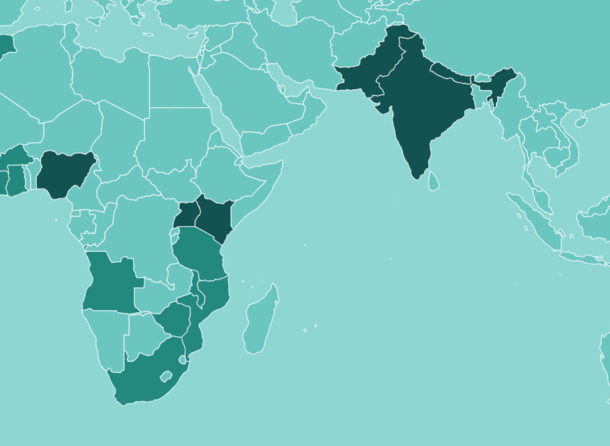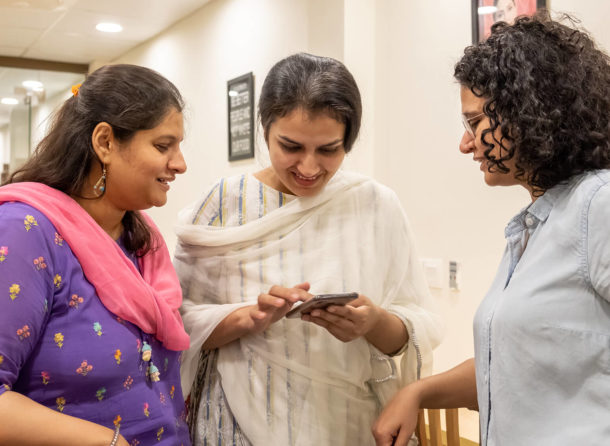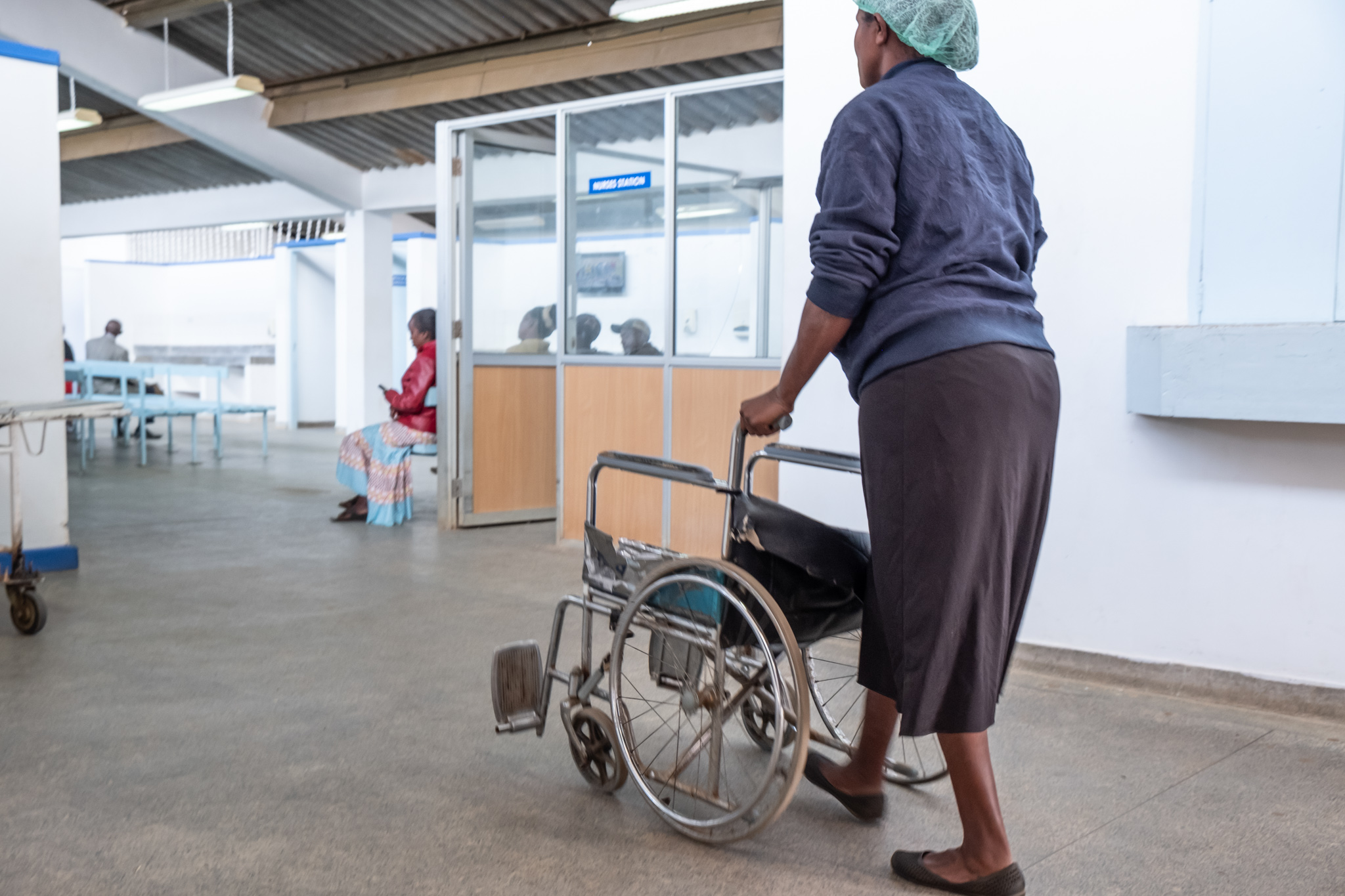
Housing as a Response to Covid-19
A global pandemic response that requires staying at home, washing hands and social distancing simply will not work for over a billion people in low and middle-income countries. At present, only one in five people living in informal settlements in urban Africa have access to clean and safe water. And less than 20% of people globally have any form of unemployment protection.
Covid-19 has highlighted that decent, sanitary and affordable homes with running water, clean energy and enough space is a frontline defence against the health and economic impacts of pandemics.
Reall’s Response
The need for affordable housing solutions at scale is urgent, not only for this disaster but to build resilient cities that allow residents the capability to withstand future shocks and to kick start economic recovery. If we do not act, the implications of global economic shocks could exact an even greater human toll than the virus itself.
Reall has a commercially and environmentally viable solution for the rapid scaling of affordable housing and have proven we can build at an average price point of $10K.
Housing as Healthcare
- Covid-19 has highlighted that decent, sanitary and affordable homes with running water, clean energy and enough space is a frontline defence against the health and economic impacts of pandemics.
- 1.2 billion people currently lack the most basic necessities, such as toilets, hand washing facilities, space and access to medical care. Affordable homes lead to healthier populations, reducing the burden on weaker health systems.
- As rapid population growth and urbanisation create an unprecedented demand for new homes in Africa and Asia, the opportunity to improve public health and pandemic resilience through the delivery of housing at scale is huge.
- Unlocking affordable housing with services is a major entry point for public health programmes and primary prevention. Beyond better healthcare and sanitation, the affordable housing approach is more sustainable than tackling these issues in isolation and has far wider benefits for poor families such as creating assets, jobs and markets.
Housing for Resilient Cities and Residents
- Affordable housing is resilient urban infrastructure helping people on low incomes to maintain livelihoods and protecting them from disease, inequalities and poverty.
- The United Nations Development Programme estimates income losses exceeding $220 billion in developing countries, which necessitates innovative approaches to urban development. Affordable homes create assets that provide vulnerable people with resilience to protect them and the wider community from future shocks.
- Overcrowded and unsanitary settlements must be decongested and replaced with affordable, serviced housing that is climate resilient and suitable for future global and local shocks.
Housing as Recovery
- Infrastructure projects in the form of affordable housing could kick start more resilient economies, helping people on low incomes manage the direct fallout that Covid-19 will have on their livelihoods.
- Approaching this this crisis through affordable housing will drive macroeconomic growth, stimulate job creation and financial sector deepening, mitigate climate change, and enable billions of people to escape the poverty cycle.
- Reall estimates that building affordable housing at scale represents an untapped $17 trillion marketplace dwarfing America’s $2 trillion Coronavirus aid bill.
- Reall have proved that we can build decent, sanitary homes at an average cost of $10K per house. And every house built directly creates at least five jobs.
- Investing in climate-smart affordable housing will accelerate post-Covid recovery in Africa and Asia and must be a foundational part of any post-Corona economic recovery plan.
Reall’s Response to Covid-19
Investing in the rapid and widespread construction of decent, affordable housing needs to be a key funding priority now more than ever. It’s clear that investing in affordable housing solutions delivers on many fronts “ for healthcare, pandemic protection and prosperity. An affordable house is a gateway to answering 16 of the 17 Sustainable Development Goals.
This is an urgent time for innovation and finding new and better ways to tackle our global challenges. Today there is a deficit of 50 million houses in Africa and 70 million in South Asia; 300 million new homes will be needed by 2030 to meet the demand. Affordable housing is one of the most comprehensive and sustainable responses we have in the face of the current pandemic and future public health catastrophes.
To date, Reall have supported over 300,000 low income people gain access to safe homes with washrooms and clean energy to protect them and limit transmission of Covid-19 to the wider community.
We now need the same commercially viable and sustainable solution to be scaled up for the 1.2 billion people on low incomes without adequate shelter.
Read more stories
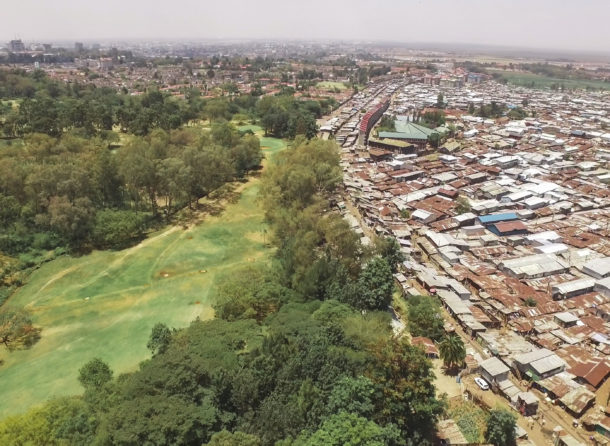
How Affordable Homes could help solve the global climate crisis
The United Nations climate summit, COP25, starts today in the Spanish city of Madrid where climate leaders will push to scale up action and investments into rapidly reducing global greenhouse gas emissions and support broader sustainable development agendas, specifically addressing …
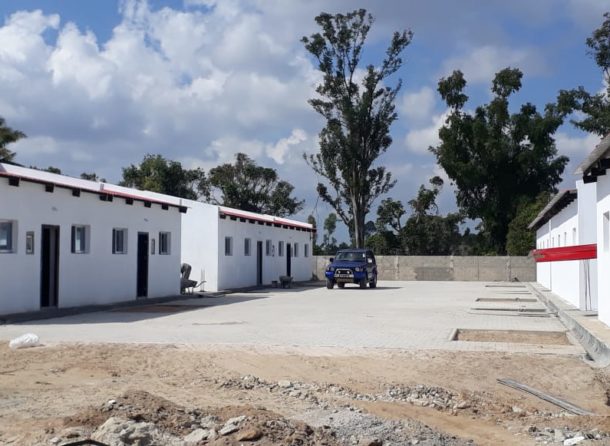
Celebrating affordable housing in Beira
The ribbon-cutting ceremony was attended by Reall’s Director of Investment and Operations Patrick Domingos-Tembwa, Mayor of Beira Daviz Simango and Casa Real Director Marie Odile. The celebration was particularly poignant as these homes managed to withstand the destruction of Cyclone…
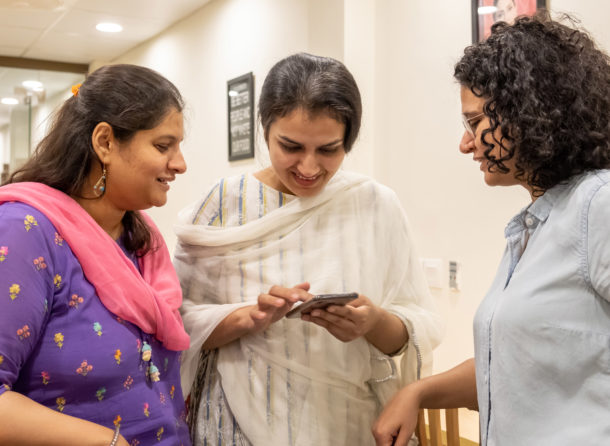
New Partnership: Syntellect
Reall are delighted to be partnering with India-based technology firm, Syntellect. Syntellect are committed to giving unbanked people the opportunity to access mortgage finance across Africa and Asia. Syntellenct has created RightProfile, a customer profiling platform designed to help lenders …
